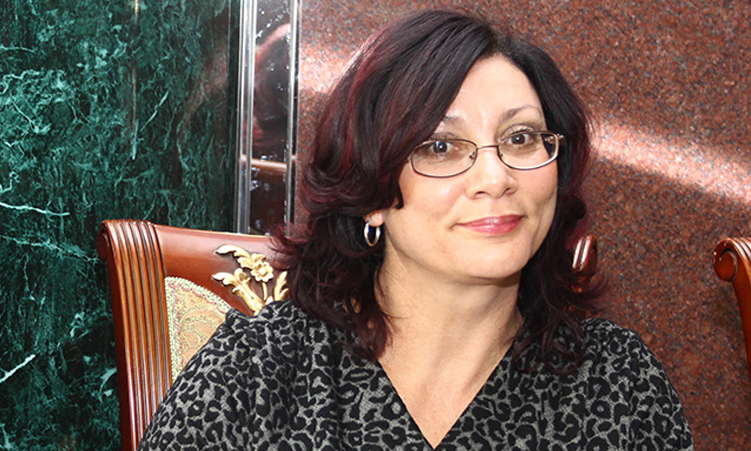The Ministry of Education, Arts and Culture has welcomed the University of Namibia’s decision to reduce its intake of education students to address the oversupply of education graduates in the job market.
This comes after Unam announced it has implemented a plan to reduce the intake of student teachers, driven by the teacher demand and supply model.
Speaking to The Namibian yesterday, Unam spokesperson Simon Namesho said the university implemented this plan in 2023.
Unam has produced a total of 29 849 teacher graduates since 1992, he said.
“The annual intakes for each programme have been aligned with the projected teacher demand and supply as per this model.
Consequently, we have reduced our intakes in areas that are oversupplied, such as lower and junior primary education, while focusing more on areas with teacher shortages, like Namibian languages,” Namesho said.

‘HIGHLY QUALIFIED STUDENTS ONLY’
He said the plan has been effective in several ways, including ensuring that only highly qualified students enter teacher education programmes.
“For instance, the secondary education programme now requires 30 points with higher subject grades at AS level, ensuring our entry standards are on par with other professional qualifications.
“Also, the transformed programmes include graduate employability attributes designed to enhance the employment prospects of our graduates, making them more competitive in the job market,” Namesho said.
He said the number of students accepted per year is not fixed.
“The teacher demand and supply model aligns our intake numbers with the projected national and regional demand for teachers. By doing so, we can adjust our intake numbers annually to reflect changes in the market and ensure our graduates have better employment prospects,” Namesho clarified.
“We advise pupils to research various careers of the future, taking into account both national and international opportunities to ensure they make informed decisions about their education and career paths,” he said.
Namesho said a national regulatory framework setting quotas for all institutions in the teacher education market is necessary.
He suggested that alternatively, given the demand for higher education qualifications among the public, institutions ahould adopt a policy of redirecting students to other fields of study.
WELCOMED
Executive director of education, arts and culture Sanet Steenkamp says the ministry has been in consultation with institutions of higher learning for the past few years about the teachers’ demand and supply model.
“Open and transparent discussions took place between us from the ministers’ level to technical levels, and this decision by the University of Namibia obviously is an informed decision based on the statistics they have at hand and various other factors,” she says.
Steenkamp says an area of undersupply is the senior secondary phase.
“We definitely need many more teachers, especially in languages, economics, chemistry, physics and mathematics. We have an oversupply in qualified teachers in primary schools,” she says.
“I am positive that this is the result of an objective assessment by the University of Namibia in terms of outputs for teacher graduates . . .
“We encourage all institutions responsible for teacher training to focus on the quality of training,” she says.

DEMOCRATIC RIGHTS
Student Union of Namibia (SUN) president Benhard Kavau says students have the right to choose any field of study by taking into account various factors, including prospects for future short-term and long-term employment.
“Students should be given all the right information they need through career guidance and other means so they can make informed decisions,” he says.
Kavau says there is a need for a multisectoral approach to the matter.
“Plan how the national economy can help reduce unemployment in the country – not only among teachers, but also doctors, nurses, engineers and other professions, vocations or trades for national development.
“The union believes that teachers are still needed as there are many schools without the required number of teachers. The ratio of teachers to pupils is 1:35 at secondary level, while it is 1:25 at pre- and junior primary,” he says.
Kavau believes the problem may be the number of positions the government is able and willing to fill.
NOT IMPRESSED
Teachers Union of Namibia (TUN) secretary general Mahongora Kavihuha says no research was done to justify Unam’s decision.
“Where is that model of teacher demand and supply? We are currently just informed by the number of unemployed graduates, but not by proper research done,” he says.
Stay informed with The Namibian – your source for credible journalism. Get in-depth reporting and opinions for
only N$85 a month. Invest in journalism, invest in democracy –
Subscribe Now!







